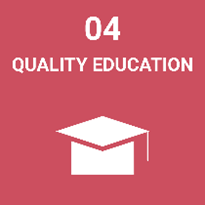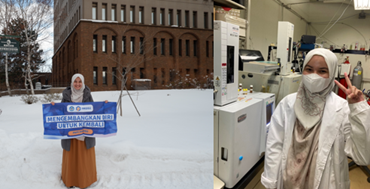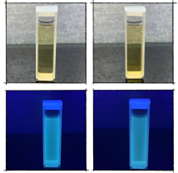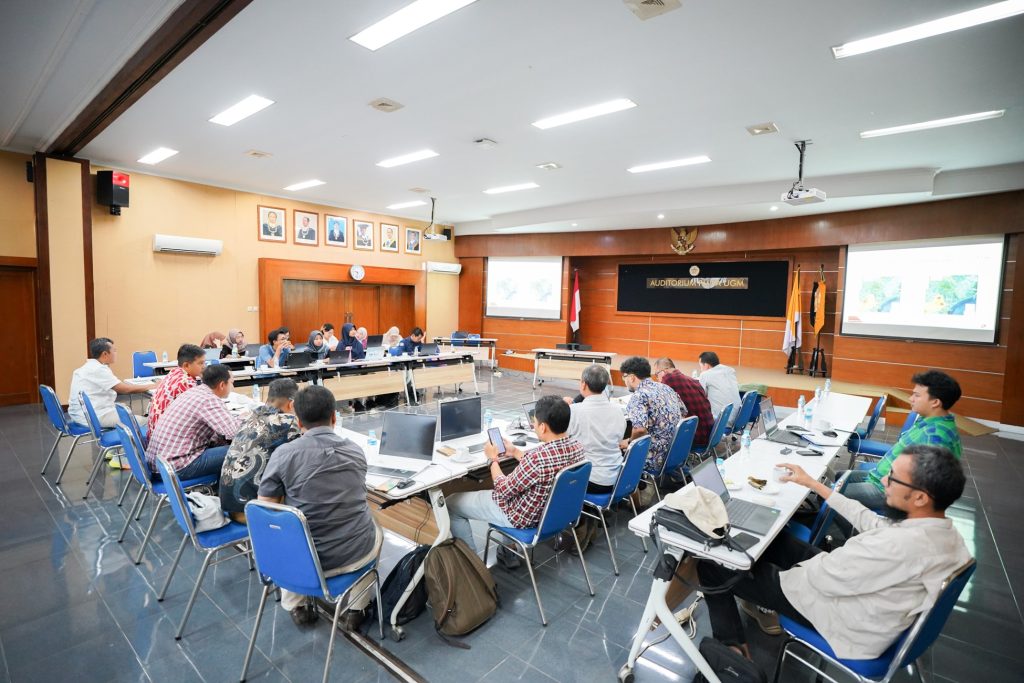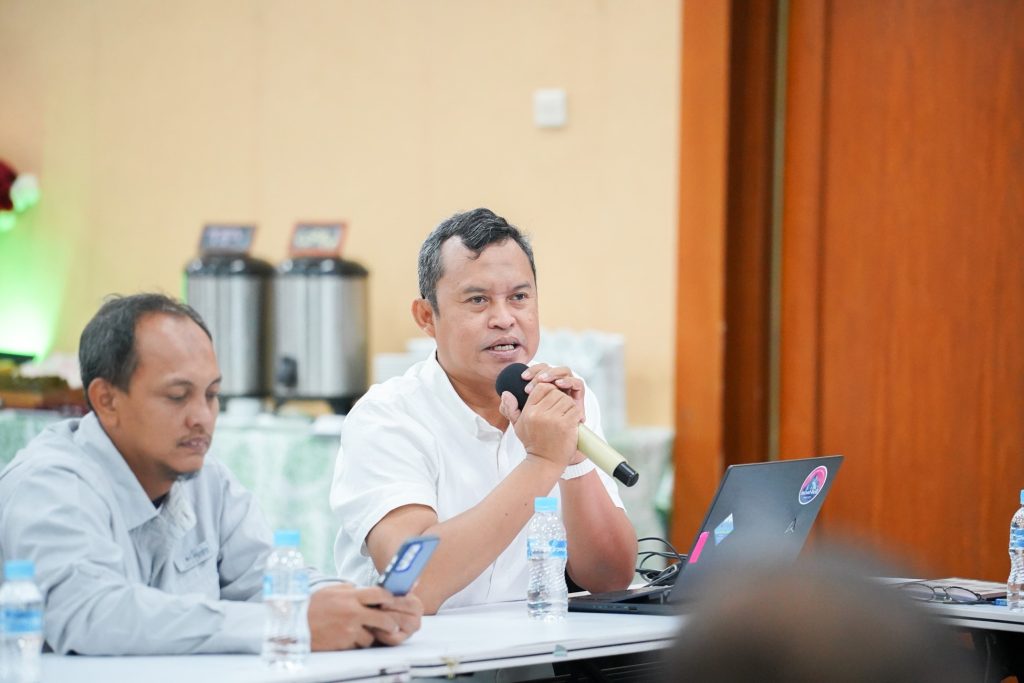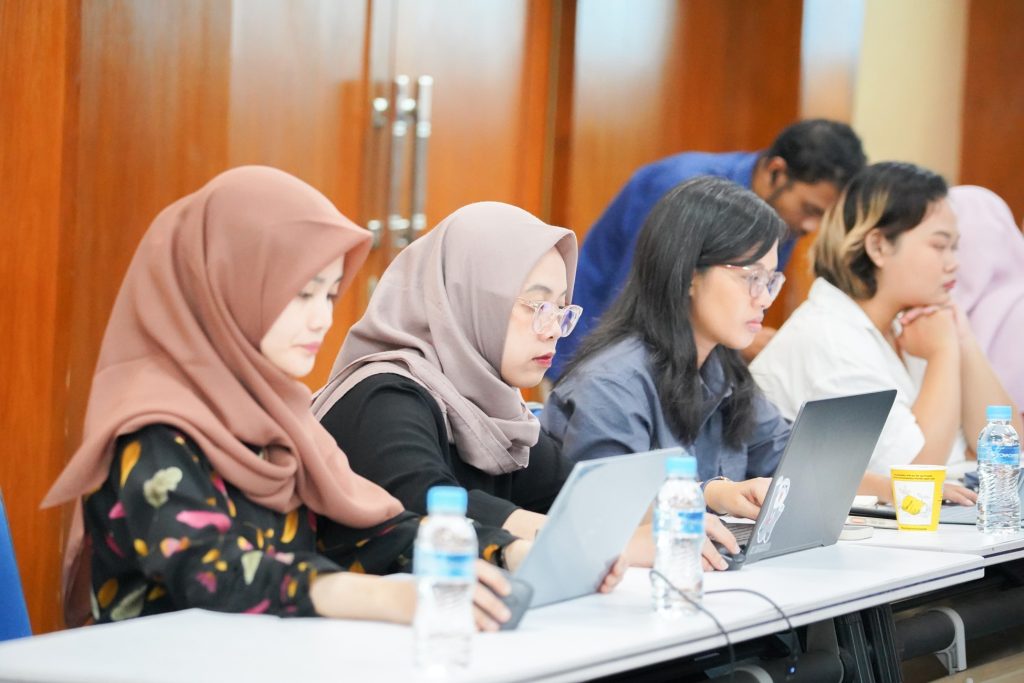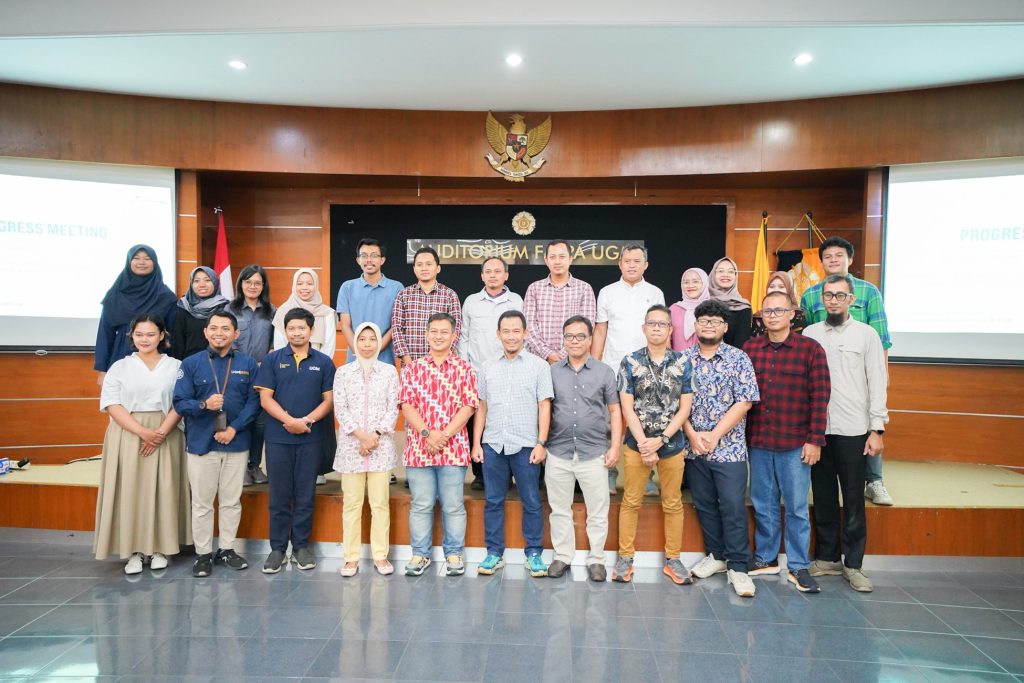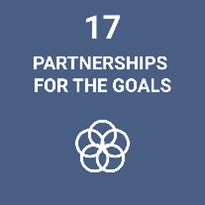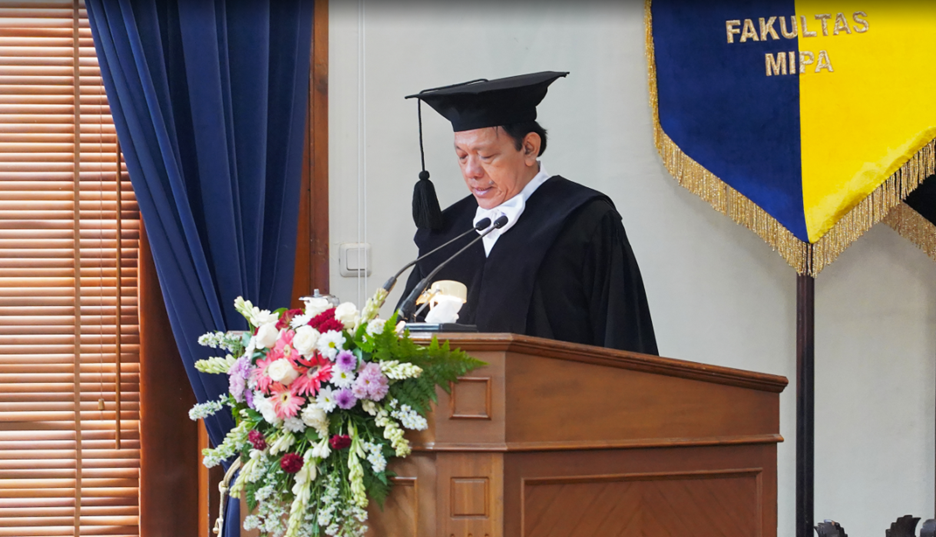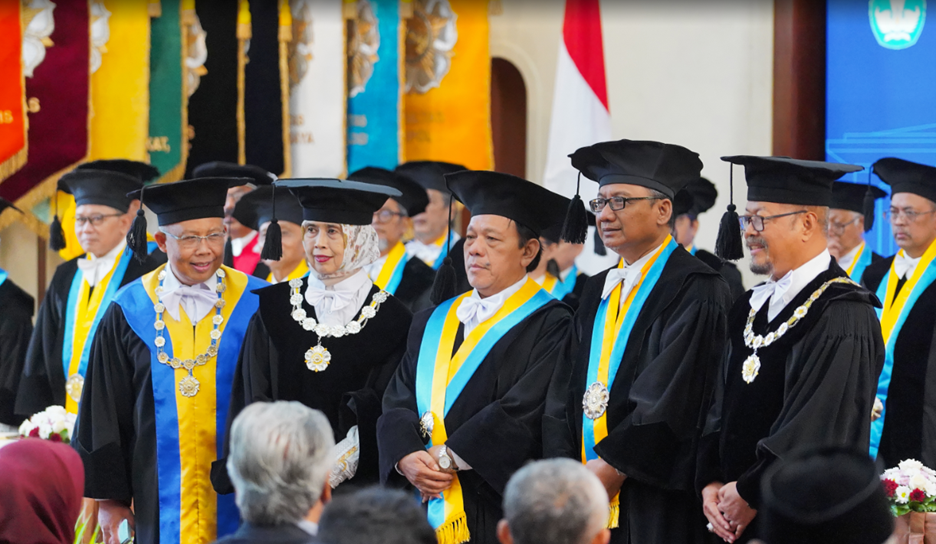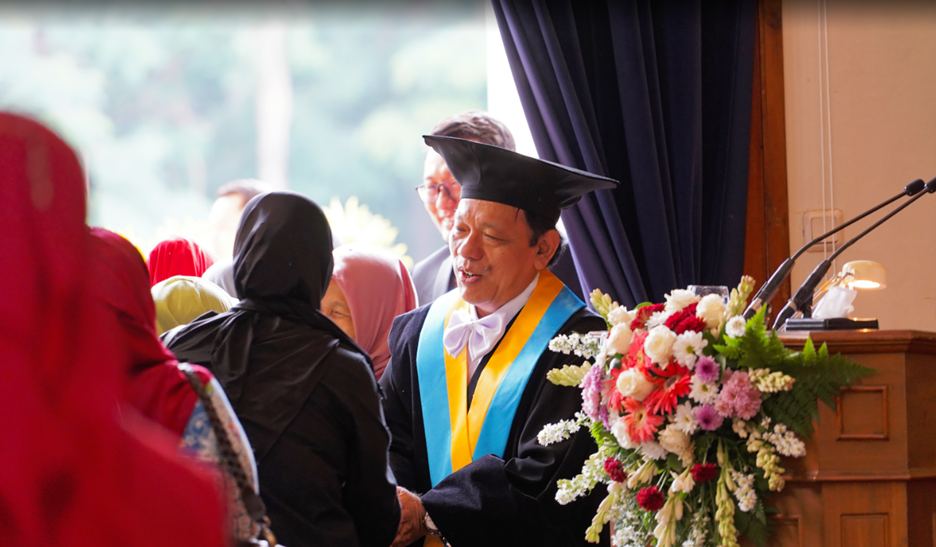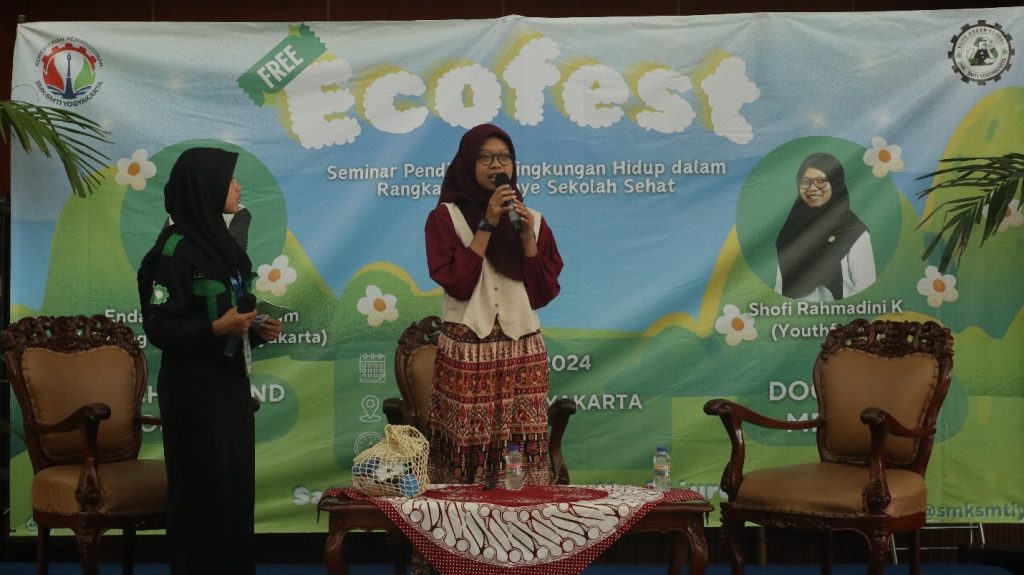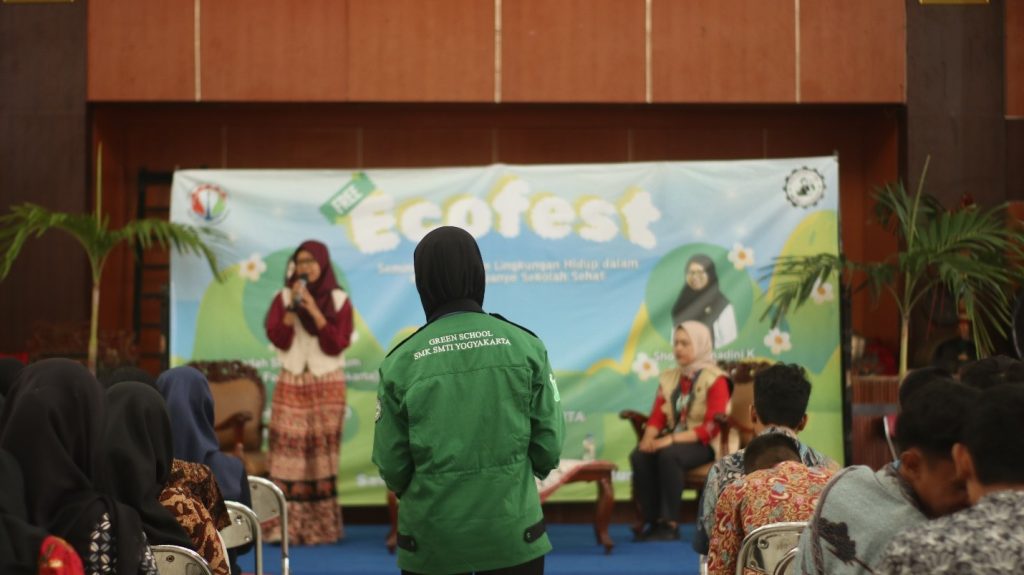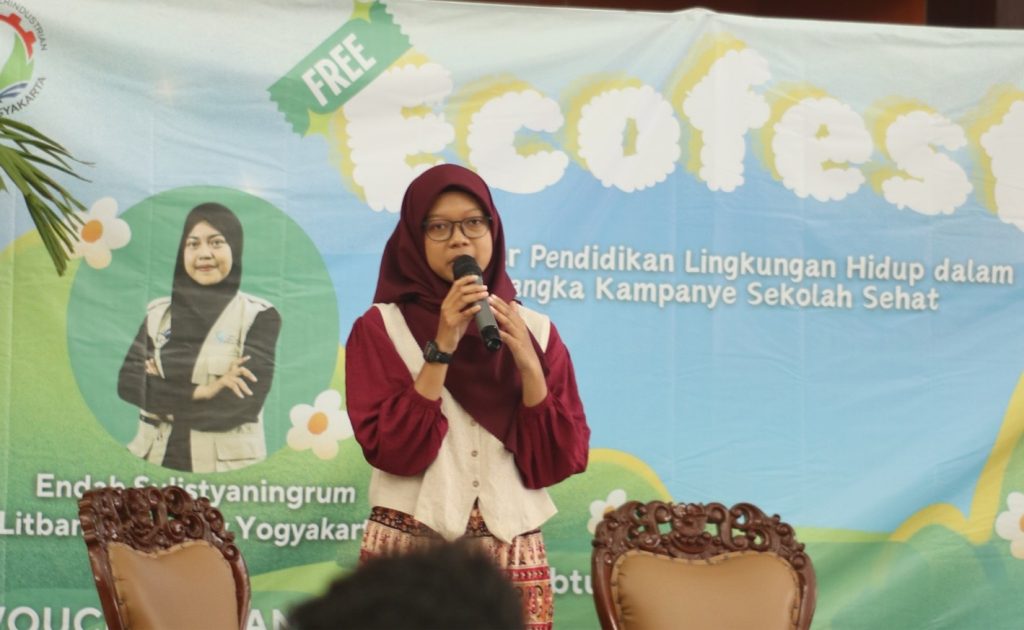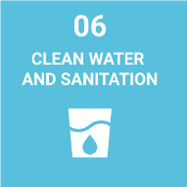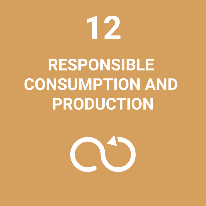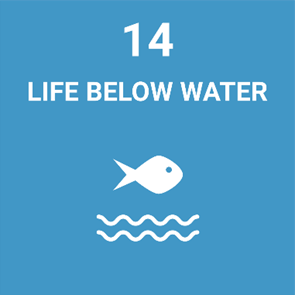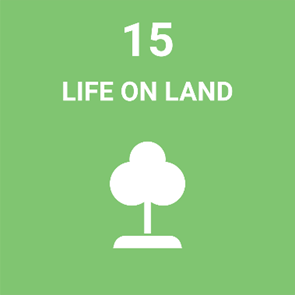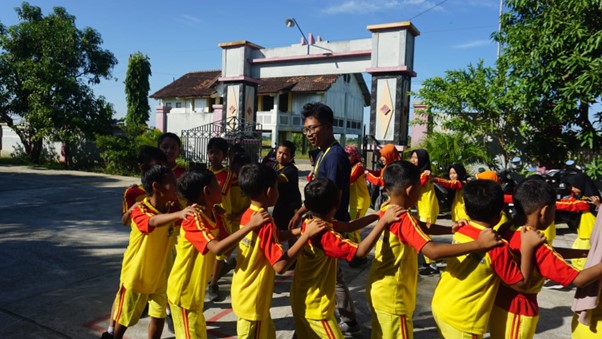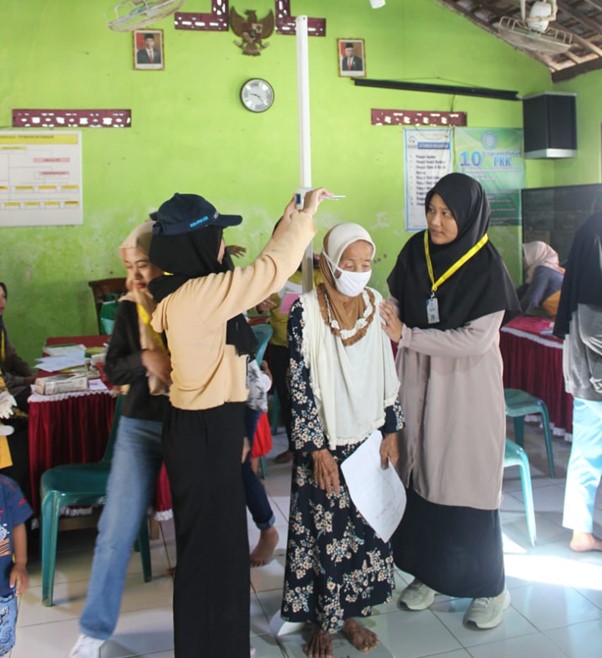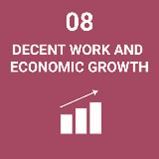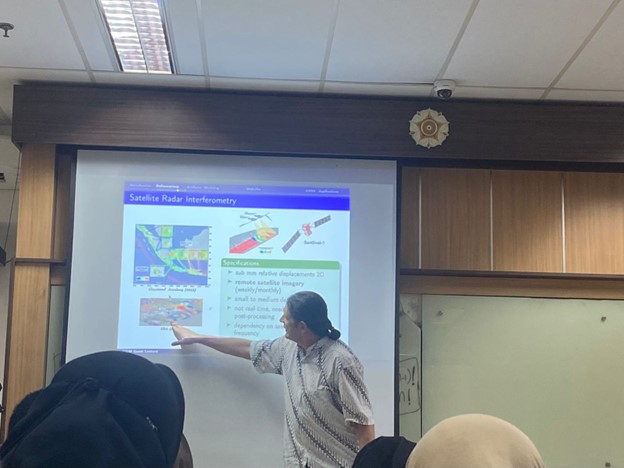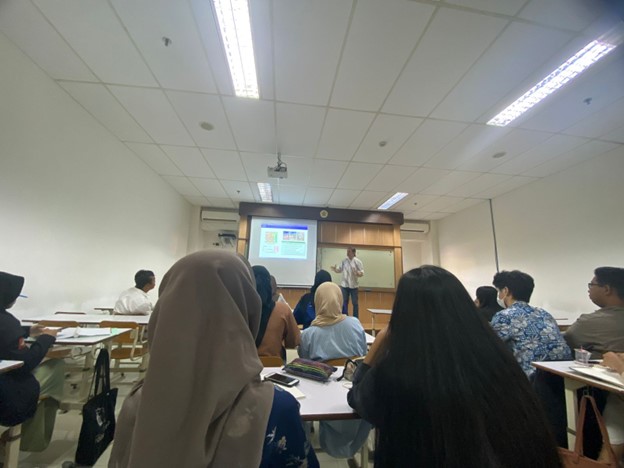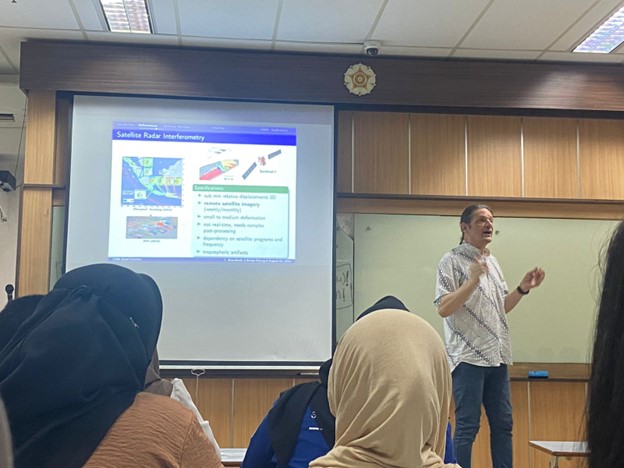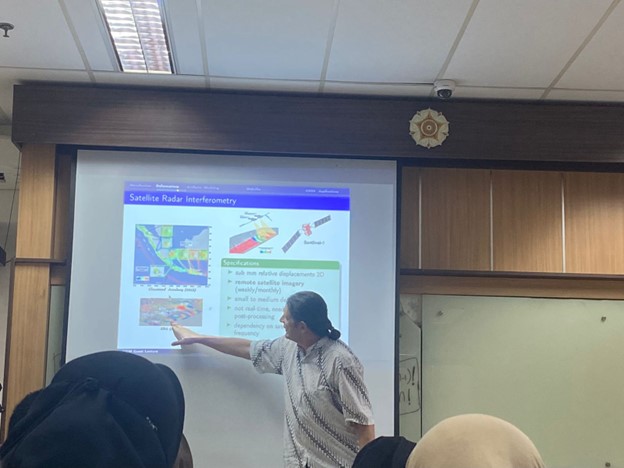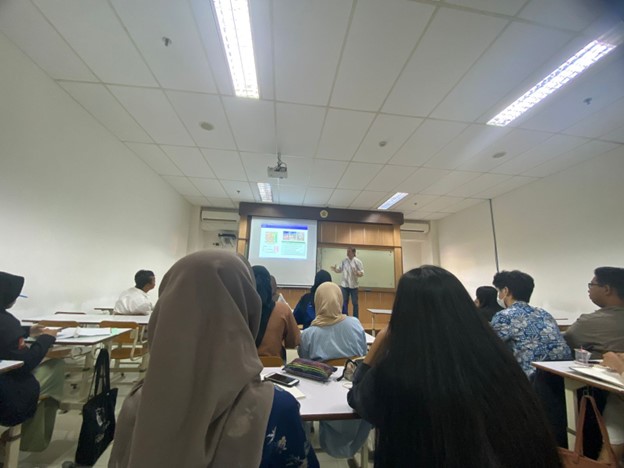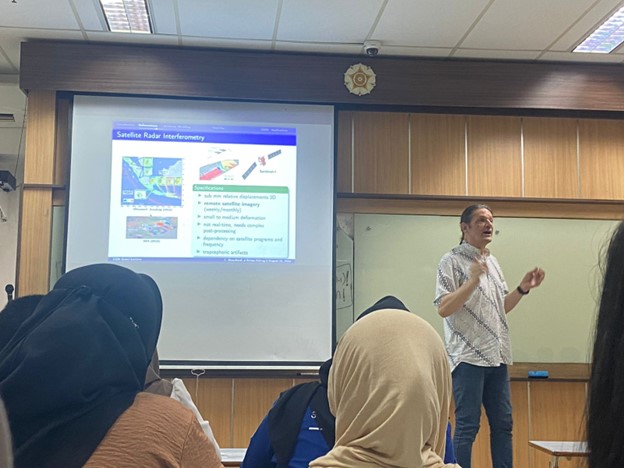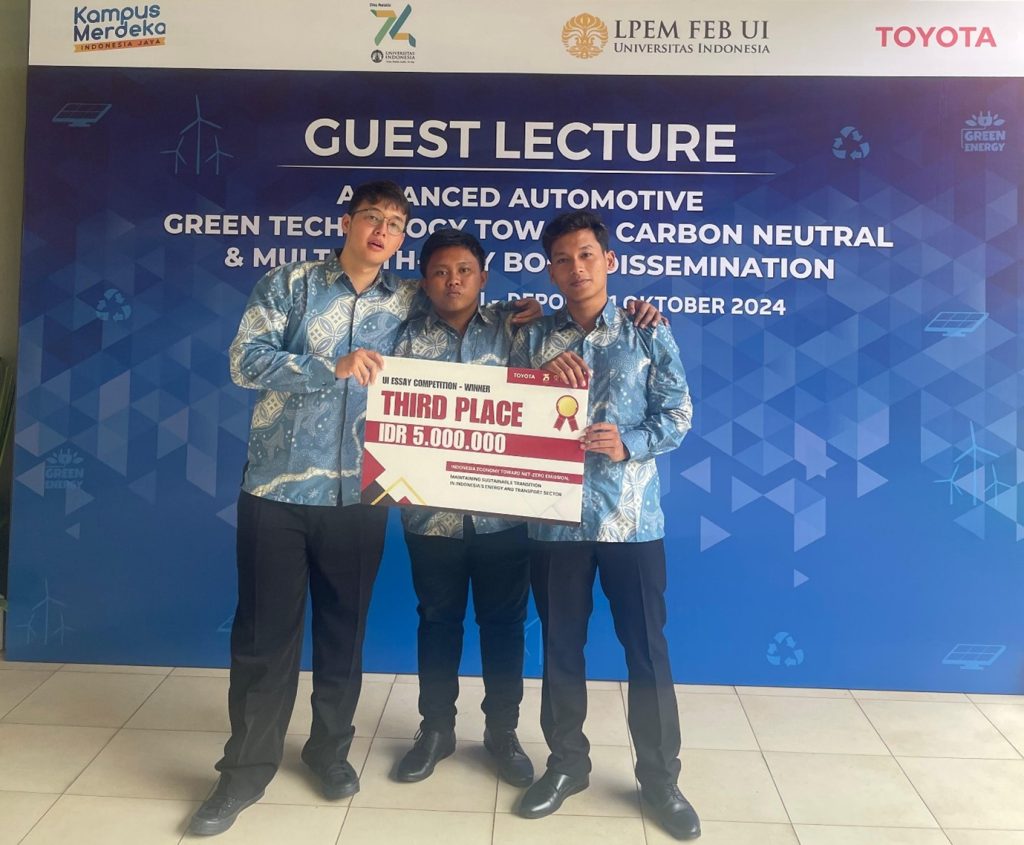
Bawa Gagasan Smart Warehouse, Mahasiswa FMIPA Sabet Juara 3 dalam Kompetisi Esai Indonesian Towards Net-Zero Emission
Mahasiswa Fakultas Matematika dan Ilmu Pengetahuan Alam Universitas Gadjah Mada (FMIPA UGM) kembali menunjukkan prestasi gemilang di tingkat nasional. Kali ini, Feivel Jethro Ezhekiel dan Dearmen Chandro Rumasingap berhasil meraih juara ketiga dalam kompetisi esai inovasi bertajuk “Indonesia Towards Net-Zero Emission”. Kompetisi bergengsi ini diselenggarakan oleh Toyota Motor Manufacturing Indonesia (TMMIN) bekerja sama dengan Lembaga Penyelidikan Ekonomi dan Masyarakat Fakultas Ekonomi dan Bisnis Universitas Indonesia (LPEM FEB UI).
Dalam kompetisi tersebut, kedua mahasiswa UGM ini mengusung gagasan inovatif berupa Smart Warehouse berbasis teknologi Automated Guided Vehicle (AGV) yang terintegrasi dengan komunikasi berbasis blockchain. Teknologi ini dirancang untuk mendukung efisiensi logistik sekaligus berkontribusi pada pengurangan emisi karbon. “Banyak sekali wawasan yang kami dapatkan selama sesi kelas umum sebelum kompetisi, terutama mengenai kondisi Indonesia dalam mengejar target net-zero emission,” ujar Jethro. Ia juga menambahkan bahwa dukungan Toyota, seperti dalam pengembangan mobil hybrid dan listrik, memberikan perspektif baru yang memperkaya proses inovasi mereka.
Keberhasilan ini tidak hanya menjadi kebanggaan FMIPA UGM, tetapi juga memberikan inspirasi bagi mahasiswa lain untuk terus berprestasi. Prestasi ini mendukung terciptanya ekosistem pendidikan yang berkualitas, sesuai dengan tujuan Sustainable Development Goals (SDGs) poin ke-4 tentang Pendidikan Berkualitas. Selain itu, inovasi Smart Warehouse yang mereka gagas relevan dengan tantangan global di bidang lingkungan dan teknologi, sejalan dengan SDGs poin ke-9 mengenai Industri, Inovasi, dan Infrastruktur. Lebih jauh lagi, konsep tersebut berkontribusi pada pencapaian SDGs ke-13 tentang Perubahan Iklim melalui upaya nyata dalam mengurangi emisi karbon.
Penulis : Meitha Eka Nurhasanah
Editor : Sulaiman Nur Hidayat
Dokumentasi : Feivel Jethro Ezhekiel
